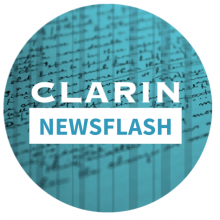News
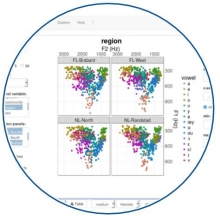
The CLARIN Mobility Grant made it possible for Wilbert Heeringa to visit Sprakbanken, compare tools and exchange knowledge and ideas. The visit took place from 28 January to 1 February 2019. Read about it in his blog post
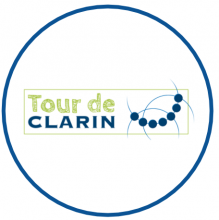
The SWELANG knowledge centre is an information service offering advice on the use of digital language resources and tools for Swedish and other languages spoken in Sweden, as well as other parts of the intangible cultural heritage of Sweden.
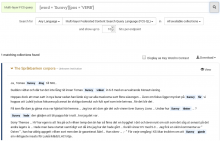
The CLARIN Federated Content Search, CLARIN-FCS 2.0, has been released. This is a new major release, that brings groundbreaking new features and capabilities to the linguistic search of corpora. The goal of CLARIN-FCS is to introduce an interface specification that makes it possible to search different repositories of text within a unified framework by decoupling the search engine functionality from its exploitation and to allow services to access heterogeneous search engines in a uniform way.
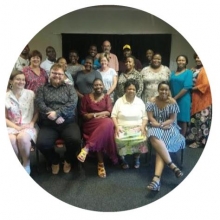
CLARIN-PL representatives Justyna Wieczorek and Jan Wieczorek visited UNISA and SADiLaR, South Africa. The main purpose of their visit was to conduct a workshop on the use of the WordNetLoom tool for the development of the African Wordnet.

Tour de CLARIN highlights prominent User Involvement (UI) activities of a particular CLARIN national consortium. This time the focus is on Italy and Beatrice Nava, a PhD student who uses digital methodologies in Classical Studies.

Since CLARIN-IT was established in 2016, its members have been organising a series of roadshow events aimed at the Italian Digital Humanities and Social Sciences community.
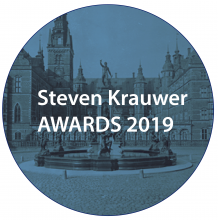
The call for nominations for the Steven Krauwer Awards is now open!

Read about LexO, a collaborative web editor used for the creation and management of (multilingual) lexical and terminological resources as linked data resources.
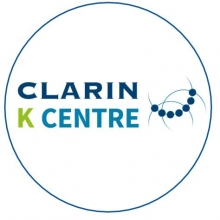
The CLARIN Knowledge Centre for South Slavic languages (CLASSLA) has been officially recognized as a CLARIN Knowledge Centre.
